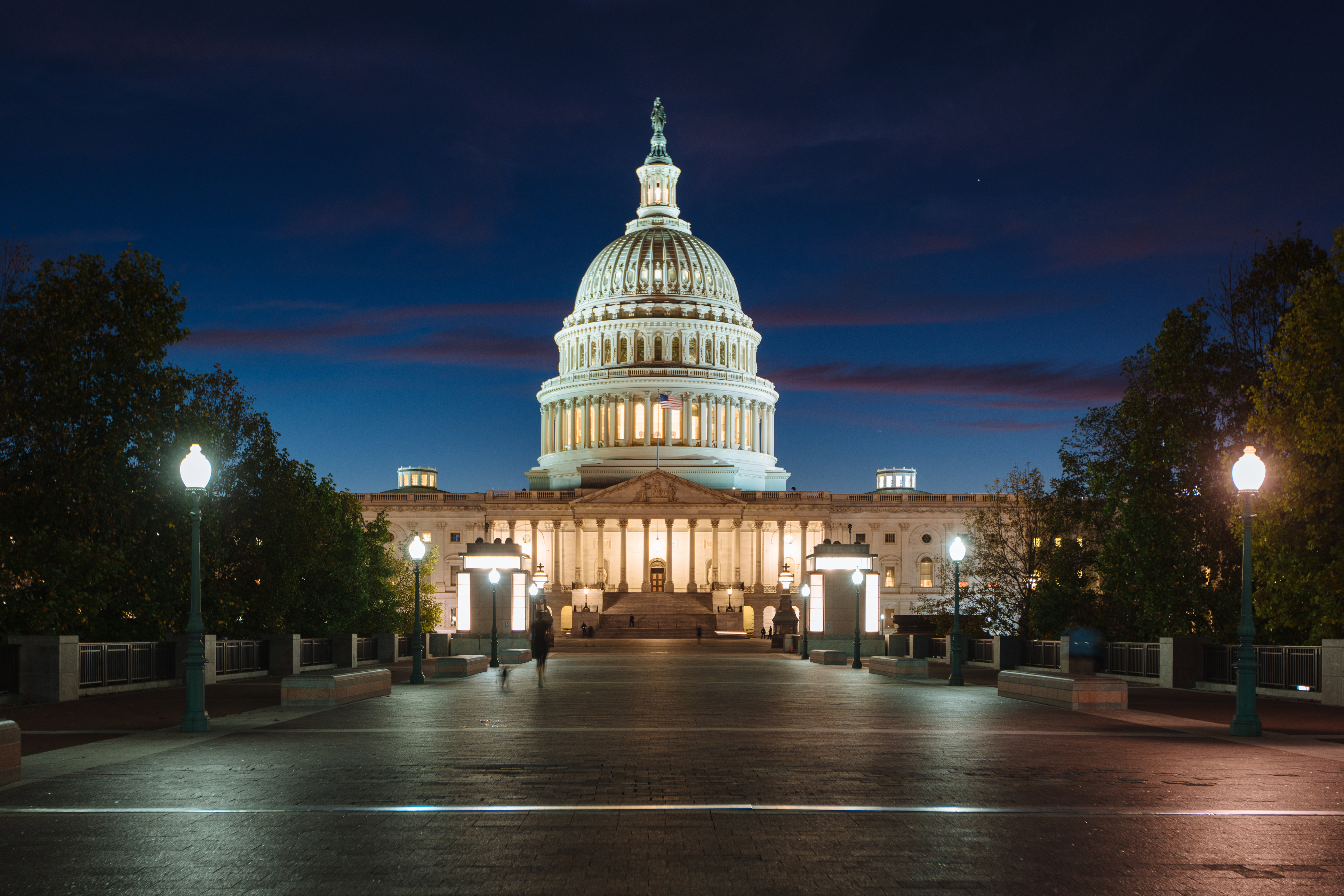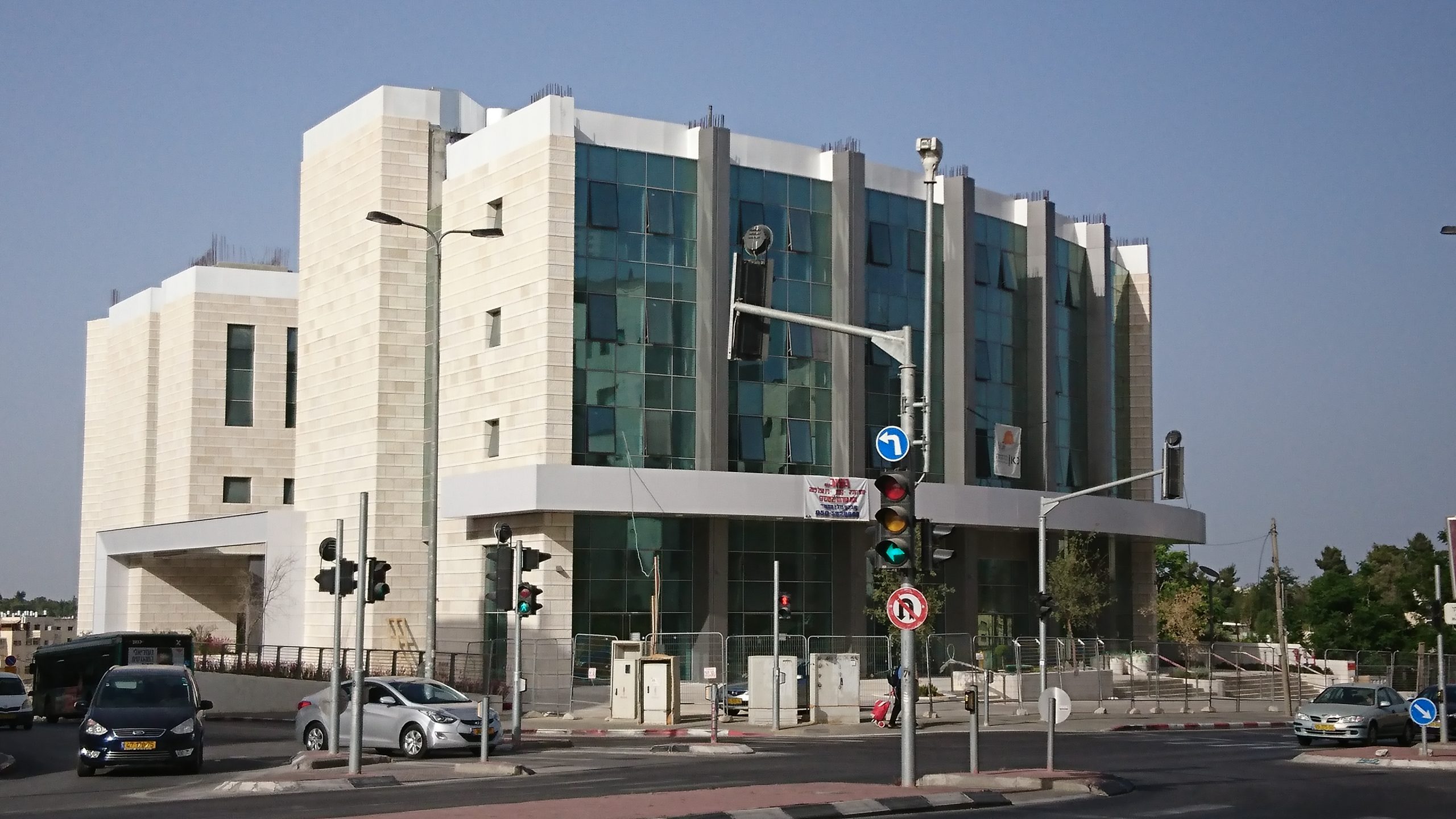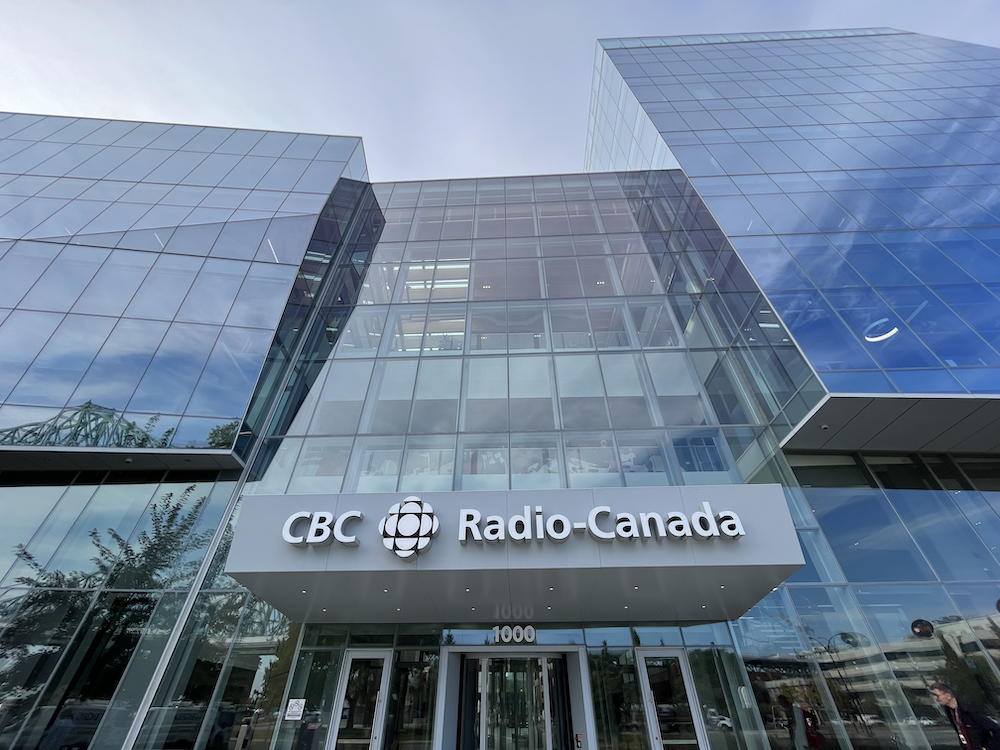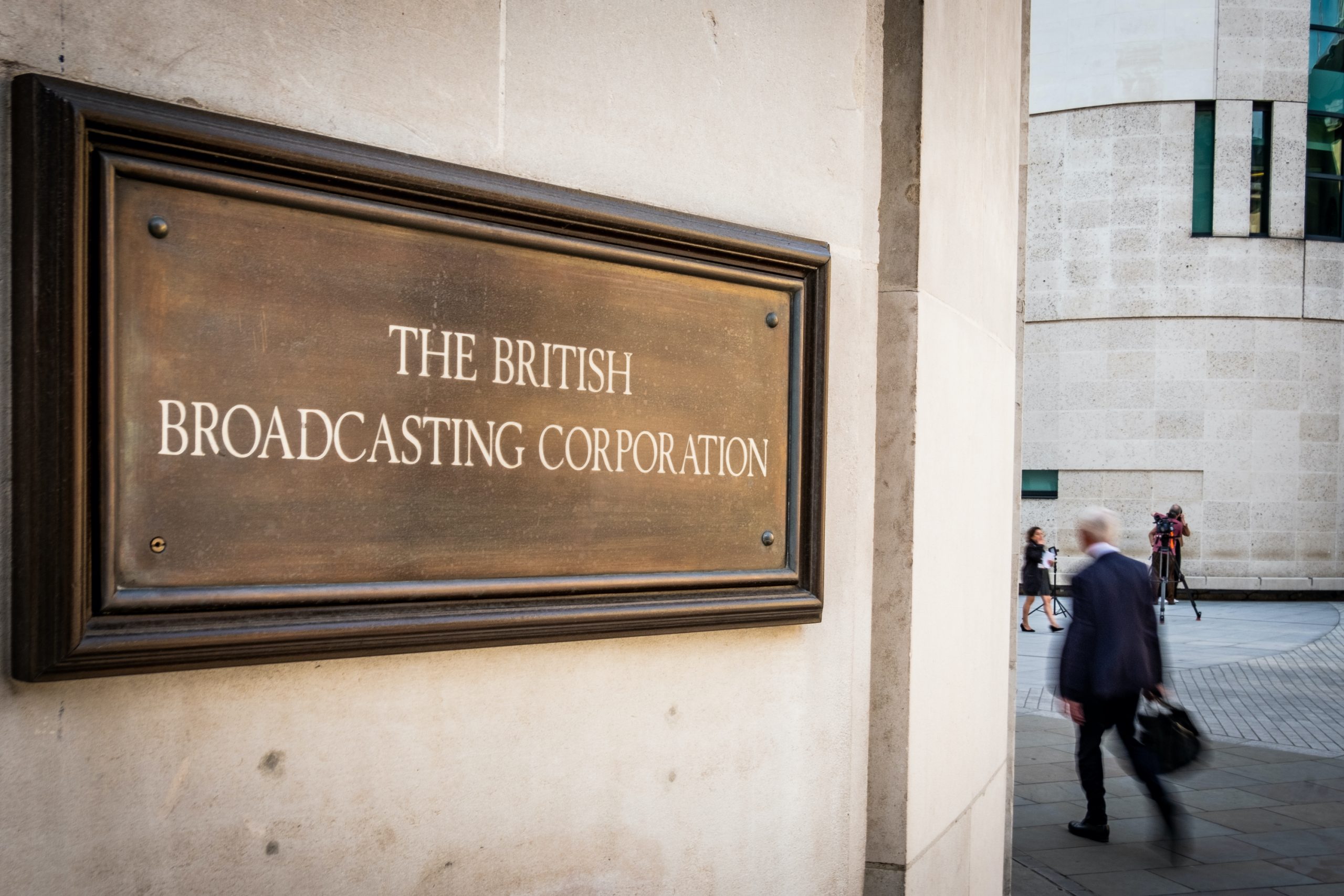The PMA Briefing
What’s the world’s biggest public broadcaster?
20 May 2025
A new report lists the top 100 media companies, and features six public broadcasters. Plus, a groundbreaking agreement between Swiss public and private media; while fears for media and journalism after new moves from governments in Hungary, Israel and the US.
How do public media budgets compare with other media companies?
Six public broadcasters have made the list of the top 100 biggest (by revenue) media companies. The ARD, Germany’s network of regional public broadcasting companies, is the best funded public broadcaster in the world, according to the study from the Cologne-based Institute for Media and Communications Policy. It is no surprise that four of the top five are big tech companies (Alphabet, Meta, ByteDance and Amazon).
The six public service broadcasters that are included on the list are: ARD (€7.67bn | 35/100), the BBC (€6.36bn | 42/100), NHK (€4.68bn | 51/100), Rai (€2.60bn | 82/100), ZDF (€2.59bn | 83/100) and France Télévisions (€2.56bn | 84/100).
Overall, the list is dominated by tech companies and other major international media organisations from either China or the US. The top ten companies are either from China (two) or the US (eight).

Switzerland: Swiss public and private media announce radical new cooperation agreement
Switzerland’s public broadcaster has entered into a groundbreaking agreement with the nation’s publishers association (Schweizer Medien) designed to support the future sustainability of the Swiss media sector.
At the centre of the agreement is the reduction of text-based online content from the public media organisation, with articles limited to 2,400 characters (except for international and Romansh content). Instead, SRG will focus on its digital audiovisual offering, while it has also agreed to refrain from online advertising. In return, Schweizer Medien will support the public broadcaster’s current licence fee, and reject the Halving Initiative, an upcoming referendum which could see the public broadcaster’s budget reduced by half.
The purpose behind the agreement is to ensure a resilient and pluralist Swiss media landscape, at a time when the presence of big tech, and dwindling advertising revenue is being felt keenly by both public and private media. “We share a responsibility to the people of Switzerland. I am delighted that we have now succeeded in reaching an agreement that strengthens Switzerland as a media center and thus democracy,” said the SRG Director General Susanne Wille.
Also outlined in the agreement are promises for regular roundtables, cooperation over sports broadcasts, and the sharing of streaming technology. On the latter, there is also the potential that private media could share their content via SRG’s new OTT platform.

Hungary: Controversial foreign agent law threatens to sink press freedom further down
The Hungarian government has been accused of further tightening the muzzle on press freedom in the country, after a foreign agent law was introduced, which sparked a wave of protests among citizens.
On 13 May, ruling party Fidesz MP János Halász submitted the new bill which would grant authorities the ability to block international funding directed to Hungarian organisations such as media outlets, NGOs, and businesses, if they are deemed a “threat” to national sovereignty.
The bill proposes to further cut their funding, by outlining that blacklisted organisations would need permission to receive foreign funding. In addition, they would also be ineligible to receive donations through the one percent income tax contribution scheme. According to Telex, the bill “on transparency in public life”, if approved, could drive independent media out of business. The opposition has criticised the proposal, accusing the government of imitating Russia’s foreign-agent law which intensified the crackdown on dissenting voices and independent media. According to the rapporteur on the Hungarian rule of law in the European Parliament, the Transparency bill is nothing else than “a declaration of war on the European Union” and that Orbàn and Fidesz made a “major step towards cementing autocracy in Hungary,”.
The Hungarian parliament will vote on the legislation in a few days.

US: CPB gears up against Trump continuous attacks
The Corporation for Public Broadcasting (CPB) has changed its by-laws to protect the members of its board of directors. These amendments follow an attempt by the Trump Administration to remove three of the board members, Laura G. Ross, Diane Kaplan and Tom Rothman. At the same time, the Department of Government Efficiency (DOGE) requested to review the operations of the CPB, a request that was refused by the independent nonprofit, as federal law states that the CPB operates outside of the control of the federal government.
CPB then filed a complaint against Trump and members of his administration, arguing that it is an independent, non-profit corporation created by Congress to protect it from government direction or control. The CPB’s defence added that the President’s authority to appoint CPB board members did not extend to their removal once they were approved by the Senate. During the inconclusive hearing last week, U.S. District Judge Randolph D. Moss expressed his concerns regarding the tension that Trump’s action might stir and stated that “the power to remove is the power to control”. According to Current, he suggested to CPB to set up this additional layer of protection.
The amendments in CPB’s by-laws state that “no Director may be removed from the Board by any person or authority, including the President of the United States, without a two-thirds vote of the other Directors confirming such removal”.
A ruling should be taken before the CPB board of Directors meeting on 10 June.

Israel: Bill moves forward, despite warnings it will enable “political interference” in media
A bill, which the Israel’s Attorney General warned would enable “political interference” in broadcasting, has moved one step closer to becoming law. The bill, put forward by communications minister Shlomo Karhi, would establish a regulatory council with wide-ranging powers, with the majority of council members appointed by the minister.
Currently, the newsroom of a broadcaster must be a separate and independent company from the station, to protect it from any commercial or ownership interests. Under the new law, this provision would be removed, while broadcasters would be required to adopt a new ethics code, but one which they could draft themselves. Karhi criticised the current setup, which meant “the public pays more, receives less, and is controlled by powerful media outlets with regulatory immunity.”
However, the bill was criticised in the Attorney General’s legal position paper. “The current proposal will not establish any minimal guarantees to ensure the reliability and professionalism of the news, the independence of these bodies, and their detachment from commercial or political considerations,” said the Attorney General Gali Baharav-Miara, in The Times of Israel. The move was likened to the Orbanisation of the media in Hungary.
It will next to go a vote in the Knesset.

Canada: Performance pay for managers scrapped
Canada’s public broadcaster will scrap a controversial performance pay programme for managers and other non-unionised staff that caused a political firestorm.
The programme, which is common in Crown corporations, saw bonuses offered to managers who met certain targets. But it stirred a firestorm last year when they were offered while the organisation was seeking to lay-off hundreds of staff.
In announcing the plan to scrap the policy, CBC/Radio-Canada said in a statement it wants to focus less on short-term goals like revenue and more on “longer-term public service goals,” like improving its “value to all citizens and strengthening Canadian culture.” The new compensation structure will reflect that shift, it said. But management and executive compensation will not necessarily go down as a result.

Related Posts
13th May 2025
Public media and politics: debates over coverage, platforms and funding | The PMA Briefing
Controversy surrounds political…
29th April 2025
Protest, scrutiny and cutbacks | The PMA Briefing
Public media workers in Argentina have…
23rd April 2025
How to combat disinformation | The PMA Briefing
Disinformation spread fast as elections…



